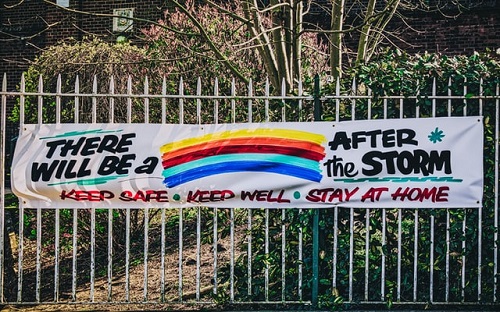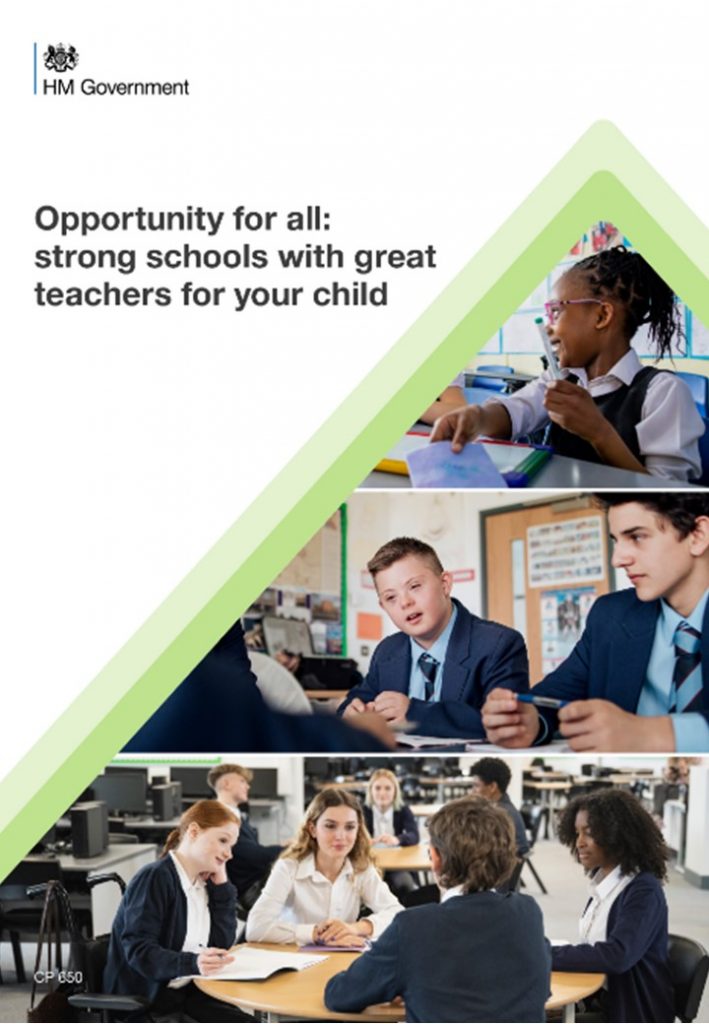Working with teachers to understand research mobilities in primary literacy education in turbulent times
May 31 2022
Petra Vackova

When we launched our Research Mobilities in Primary Literacy Education research project we knew that listening to and thinking together with teachers must be at its core. In the current turbulent educational climate, in which teachers are dealing with the effects of a COVID-19 pandemic, it is more important than ever to come together, to talk, and to learn from teachers about what we can do to support and build a strong, equitable, and forward-looking education system for all. Reading worrisome newspaper and magazine headlines that teachers are “overwhelmed and exhausted” and teachers are “buckling up under strain,” or hearing directly from teachers that their workloads have tripled as colleagues are off-sick or quitting due to rising pressures, we knew that getting teachers to commit to yet another project, adding another to-do-item to their already long list, would not be easy. Nevertheless, more than 30 teachers at different career stages and with different roles have already signed up to take part in our project. Some of these have been teaching for many years while others are newly qualified. Some are Literacy leads, others are headteachers or have other roles. Many share a passion for English and literacy. Attending our workshops in between meetings, after work, and taking time away from family, these teachers have engaged with us in future-looking discussions about the intersection of research and literacy education, demonstrating the considerable enthusiasm and commitment that teachers dedicate to their roles and to education even at the most difficult of times.
Continue reading Teachers don’t have the time to do research?
